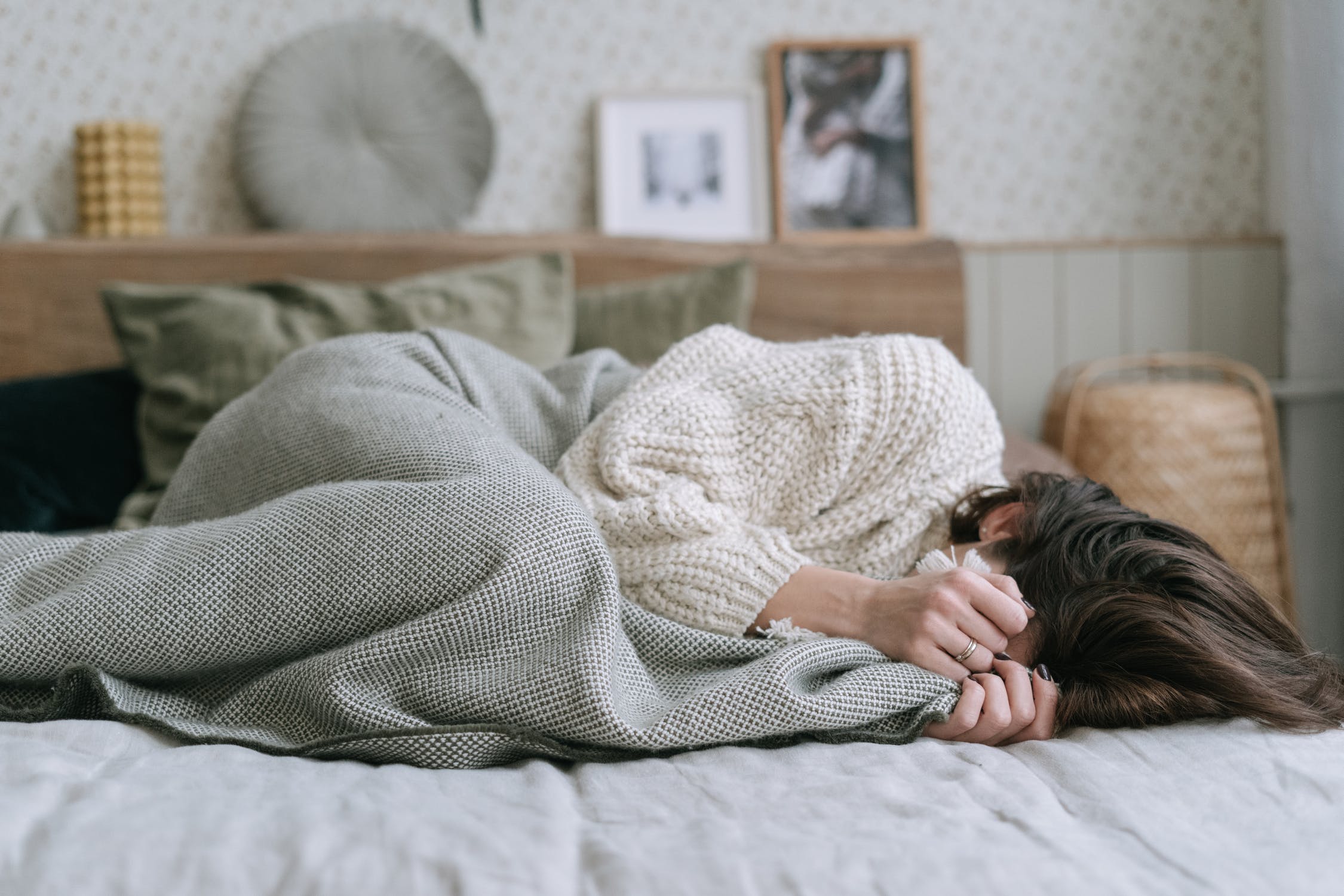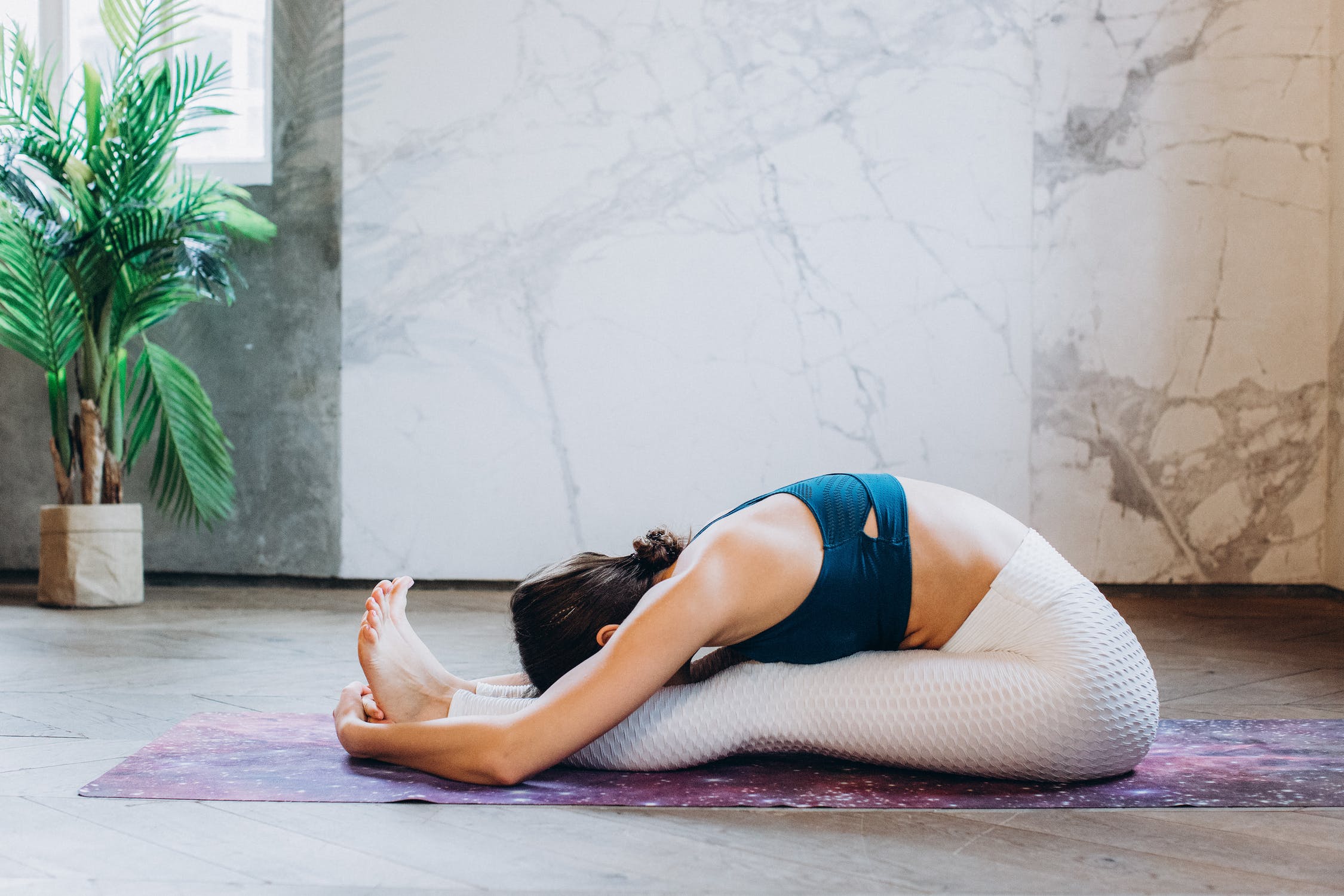Try This Tips to Get Better Sleep at Night
 A night of good sleep is crucial for excellent health and a positive outlook. Of course, physical activity and a balanced diet are just as vital as getting a decent night’s rest. However, when was the last time you awoke feeling revitalised, attentive, and optimistic, prepared to face the challenges of the day? Consider all things that might keep you from getting a good rest, from occupational stress to family obligations to unanticipated obstacles. Although you may not manage the things that disrupt your slumber, you can develop habits that will help you sleep much better.
A night of good sleep is crucial for excellent health and a positive outlook. Of course, physical activity and a balanced diet are just as vital as getting a decent night’s rest. However, when was the last time you awoke feeling revitalised, attentive, and optimistic, prepared to face the challenges of the day? Consider all things that might keep you from getting a good rest, from occupational stress to family obligations to unanticipated obstacles. Although you may not manage the things that disrupt your slumber, you can develop habits that will help you sleep much better.
Table of Contents
Increase Your Exposure Towards Strong Light During Daytime
Your body’s natural clock for timekeeping is called the circadian rhythm. It affects the mind, body, and hormones, assisting you in staying awake and alerting you whenever it’s time to hit the hay. Throughout the day, bright light or natural sunshine helps to maintain a healthy circadian rhythm. This enhances your everyday energy as well as the quality and length of nocturnal sleep.
Daytime exposure to bright light would help increase your sleep quality and duration for those who suffer from insomnia. While most studies include patients who have significant sleep problems, everyday exposure to light would most likely benefit you even if your sleep is normal. Try to receive daily sunshine exposure or, if that isn’t possible, try investing in any bright light equipment or bulbs.
Limit Exposure to Blue Light Few Hours Before Bedtime
 Although light exposure during daytime is advantageous, yet light exposure in the evening would have an inverse result. This would be due to its influence on the circadian rhythm, which causes your brain to believe it is still bright outside. As a result, hormones in your body, like melatonin which generally help you relax and fall asleep deeply, are reduced. Unfortunately, blue light, which is often emitted in significant volumes by electronic gadgets such as phones and laptops, is among the worst in this sense.
Although light exposure during daytime is advantageous, yet light exposure in the evening would have an inverse result. This would be due to its influence on the circadian rhythm, which causes your brain to believe it is still bright outside. As a result, hormones in your body, like melatonin which generally help you relax and fall asleep deeply, are reduced. Unfortunately, blue light, which is often emitted in significant volumes by electronic gadgets such as phones and laptops, is among the worst in this sense.
There are, however, several popular approaches to reducing blue light exposure, especially at night. One of them includes the use of blue light blocking glasses. You may also download apps that act as a blue light blocker on your devices. Two hours before going to bed, you should try to quit watching television and shut off any bright lights that interfere with your sleep.
Maintain a Regular Sleep Routine
Regular sleep and wake-up schedules can help with long-term sleep quality. Try to go to bed and wake up at the very same hour every day. During weeknights and weekends, try to keep the time gap between your sleep schedules to no more than an hour. Consistency helps to maintain the sleep-wake cycle of your body.
Exit your room and do something soothing if you can’t fall asleep after 20 minutes. Relax by reading, listening to peaceful music and breathing clean air with the help of an air purifier. When you’re feeling exhausted, go straight to bed. Repeat the process if it’s required.
Caffeine and Alcohol Should be Avoided
If you love having a snack just before bedtime, keep in mind that it should not include any alcohol or chocolates. Caffeine is known to be a stimulant, and it is typically found in chocolate. Ironically, alcohol also has a similar impact. It would make you feel tired, but it’s primarily a stimulator that keeps you up at night.
You should also avoid foods that contain high levels of acidity. This includes citrus fruits and liquids. Other types of foods that you should avoid are spicy foods, as they might cause heartburn and discomfort.
Do Some Physical Activities
 Taking a brisk regular walk will help you lose weight and help you sleep soundly at night. In addition, natural sleep chemicals like melatonin are enhanced by exercise and physical activities. Postmenopausal women who constantly move around or exercise a few hours each week typically have an easier time falling asleep than women who exercise less often.
Taking a brisk regular walk will help you lose weight and help you sleep soundly at night. In addition, natural sleep chemicals like melatonin are enhanced by exercise and physical activities. Postmenopausal women who constantly move around or exercise a few hours each week typically have an easier time falling asleep than women who exercise less often.
However, late workouts might have a negative influence on your sleeping pattern. Physical exercise that is too intense might excite your nervous system and boost your pulse rate, making it harder for you to fall asleep. Hence, spare some time at least several hours before bedtime to exercise so you can have an interval period for your body to relax.
Take a Bath Before Going to Bed
A warm bath several hours before bedtime has been proven to calm both the mind and body. It helps reduce heart rate and blood pressure, which would help you relax. In addition, the heat allows you de-stress by relaxing all those stiff, tired muscles, resulting in you getting a good night’s sleep.
Conclusion
Sleep is essential for good health. Rather than concentrating on falling asleep, concentrate on relaxing. Relaxation techniques such as breathing control, meditation, and muscle relaxation are some of the forms of sleep aids you can try. If you’re still having trouble sleeping, don’t stress about it.
Get out of bed and start doing something relaxing until you’re sleepy again, and then return to bed. If you’re still having trouble sleeping and it’s disrupting your everyday life, schedule an appointment with the doctor. Try to identify any underlying issues to obtain the restful sleep you deserve.









